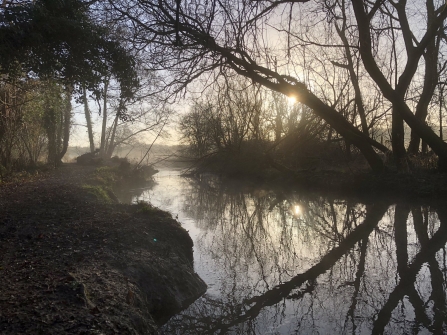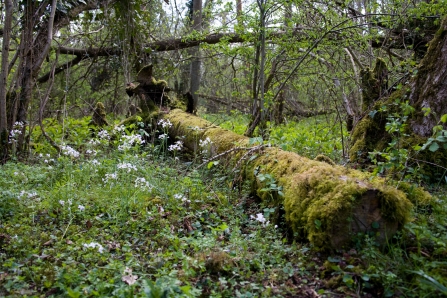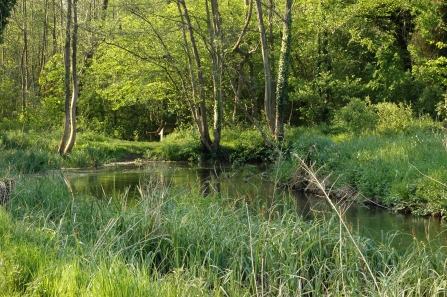DORMICE, bats, butterflies and wildflowers will benefit from a project to regenerate woodland and hedgerows at a BBOWT nature reserve.
A new pond will also be created at Moor Copse in Berkshire, providing a sanctuary for wildlife such as dragonflies and amphibians.



